DES MOINES, Iowa. - Elena Rodríguez, 33, from Mexico, runs a popular street market where on Sunday, Latino families from Des Moines gather to eat, shop and listen to music from their countries while children play.
He has been living here for 14 years, but says: "I don't feel represented in Iowa."
In Polk County, which includes the state capital, live 430,000 people. Only 10% are Latino. In the whole of Iowa, the percentage is even lower: there are 200,000 Latinos in a state with 3.6 million inhabitants. The majority is white non-Hispanic.
"We have no representation, political or symbolic," laments David Calderón, a 24-year-old Salvadoran dreamer who crossed the border when he was 9 with his parents and two sisters. The oldest, Kenya, 26, says: "Security was a major concern in a state that is very white and sometimes very anti-immigrant."
On February 3, the electoral caucus with which the American presidential race begins begins in this state. Democrats must choose their candidate to evict Donald Trump from the White House (Republicans also vote, but it is extremely unlikely that the elected one will be other than the current president).
“I have seen an increase in racism from the moment the president took office, I hope these next elections will change that,” says Rodríguez.
She arrived from Mexico with 19 years to earn money and return to her country to study. But he stayed. You cannot vote, like most Latinos living in that state. But those who can (70,000), barely do (10,000 in 2016).
Joe Henry believes that will change this year. Mexican-born American, Henry, 63, runs the League of United Latin American Citizens in Iowa, and predicts that Latino participation in caucuses will double in February.
Most of those Latino voters will be over 35 years old, he says, but also highlights the growth of young people registered in the last year, which he attributes to the "climate of hate" generated by Trump.
Perhaps because of this, Democratic candidates strive to seduce this community in the face of highly-answered primaries. Former Vice President Joe Biden leads the polls in this state, ahead of Senator Bernie Sanders, which a survey by the Des Moines Register newspaper places however as a favorite.
Sanders organized a soccer tournament last Sunday to educate Latino families about the caucus. "Instead of a boring political event," explains his Iowa campaign manager, Misty Rebik, "we want to make events that are fun and that create a sense of community."
The local electoral system is not simple: voters meet in assemblies organized by parties in schools, libraries or churches. Republicans choose their candidate by ballot, while Democrats are grouped according to their favorite candidate: the group that gathers less than 15% of support must dissolve, and its members choose again. The delegates are distributed at the end according to the number of supports.
Assemblies in Spanish will be held for the first time this year to facilitate the participation of Latinos. Dreamer David Calderón expects the elect to correspond "with the group of voters who really choose them," and there is "much more respect for marginalized communities."
In Iowa there are more than 7,000 elected positions, but only 30 are Latino. "It's impossible to feel represented like this," says Rob Barrón, a fourth-generation Mexican-American who in 2013 was elected to the Polk County School Board.
It was the first time that a Latino held an elected office in Des Moines. Barrón, 40, now helps others continue on their way through the Latino Political Network.
The lack of diversity has raised even if Iowa should be the first state to vote, which gives it enormous symbolic weight despite its low electoral importance (sum 49 of the 4,765 delegates who elect the Democratic candidate).
"Iowa and New Hampshire are wonderful states with wonderful people but they do not reflect the diversity of our country, and they certainly do not reflect the diversity of the Democratic Party," said then candidate Julian Castro, son of Mexican migrants.
Four days after the Iowa caucus, there will be a Democratic debate (the eighth) in New Hampshire, which will be the next state to vote, on February 11. It has a population of 1.4 million inhabitants, of which 93% are white and only 4% are Latino.
“Here we continue fighting,” concludes Rodríguez.


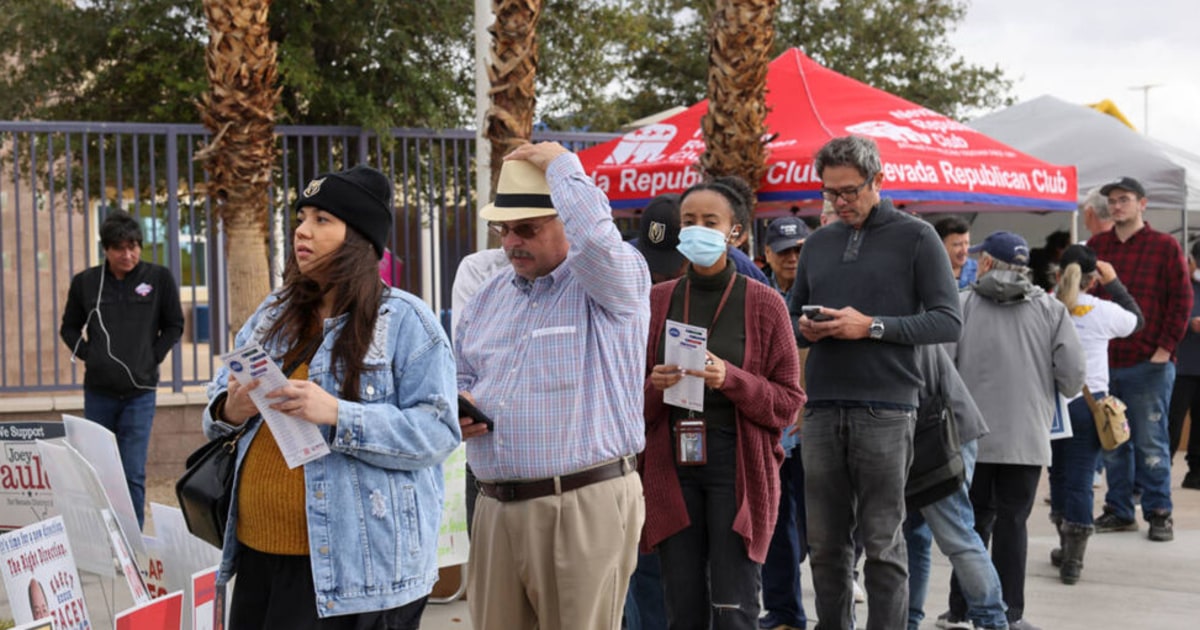
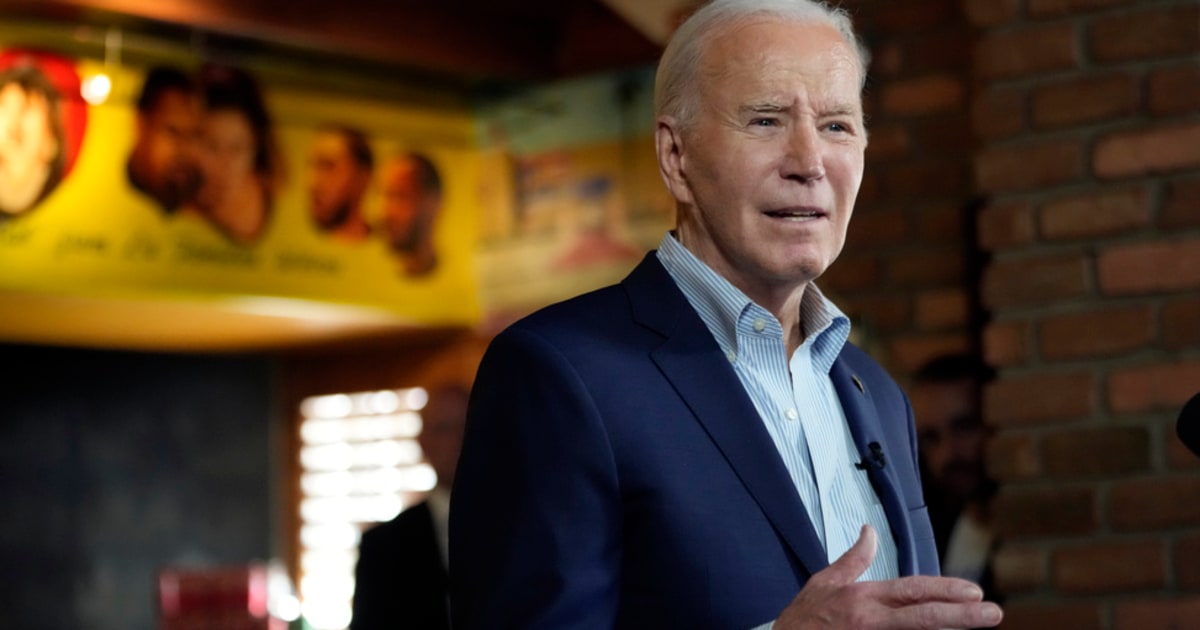
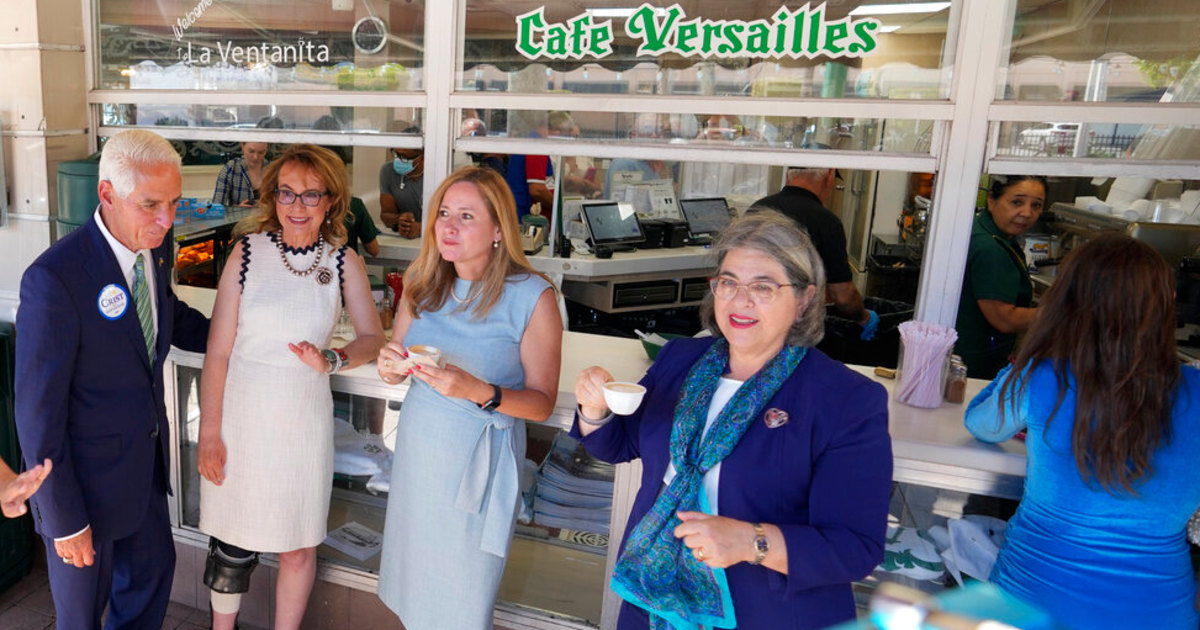
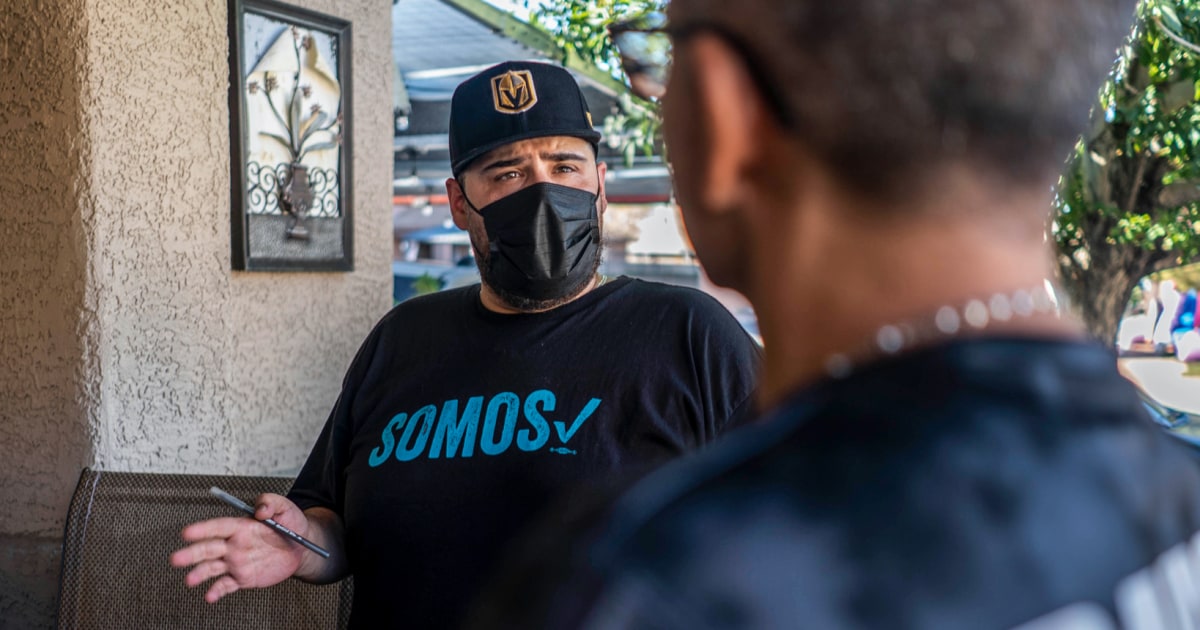
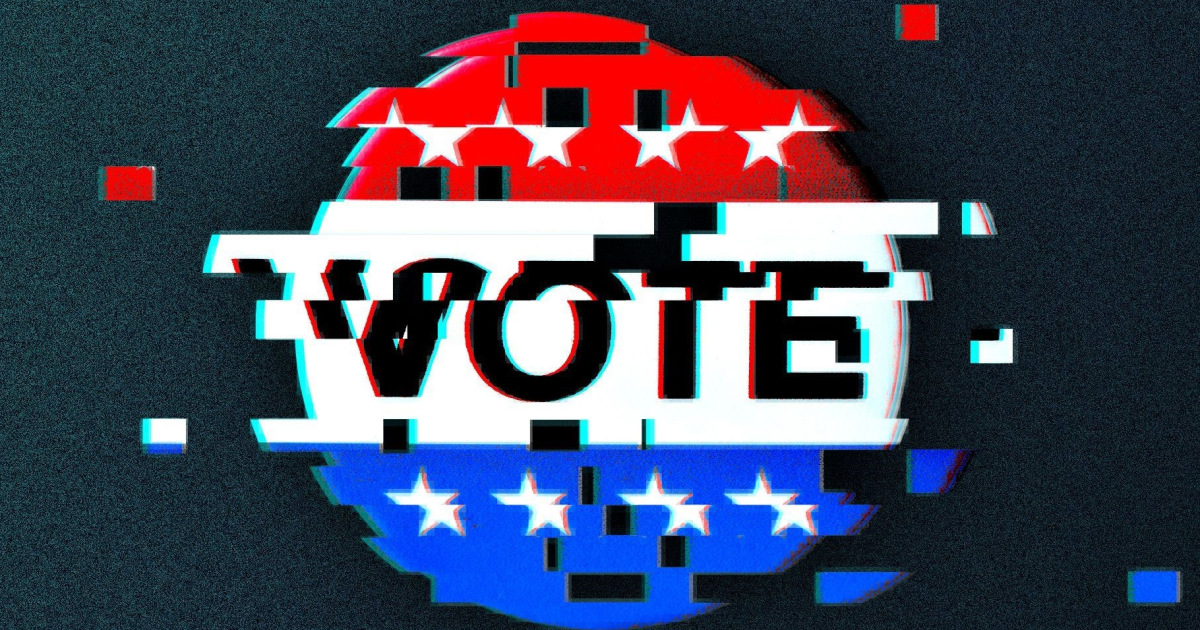
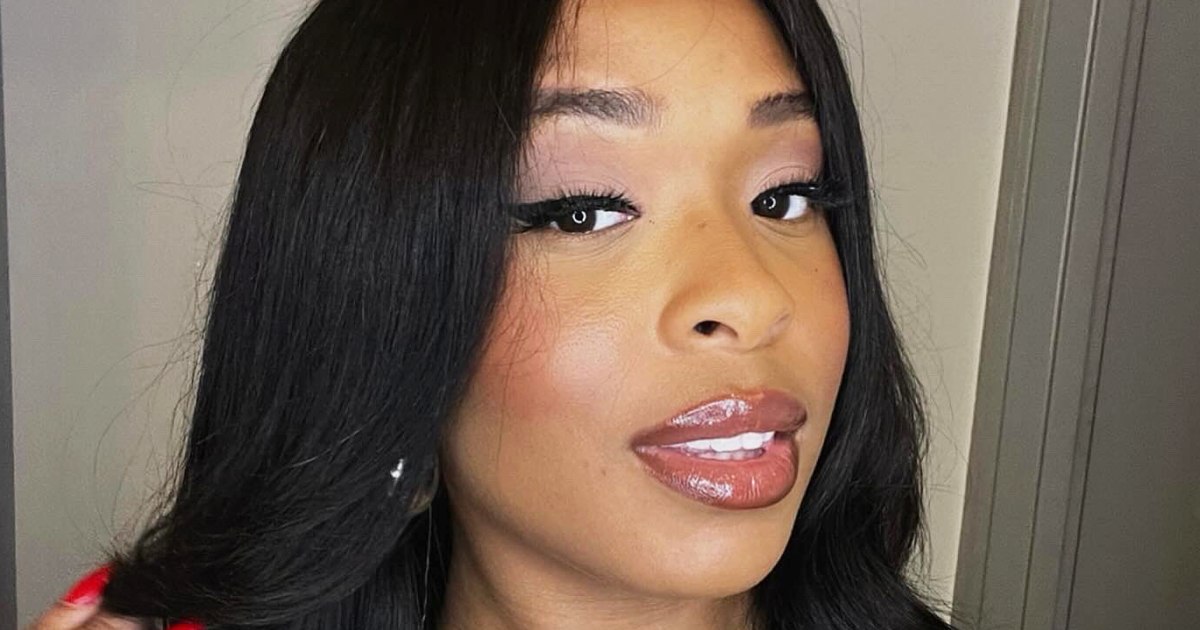
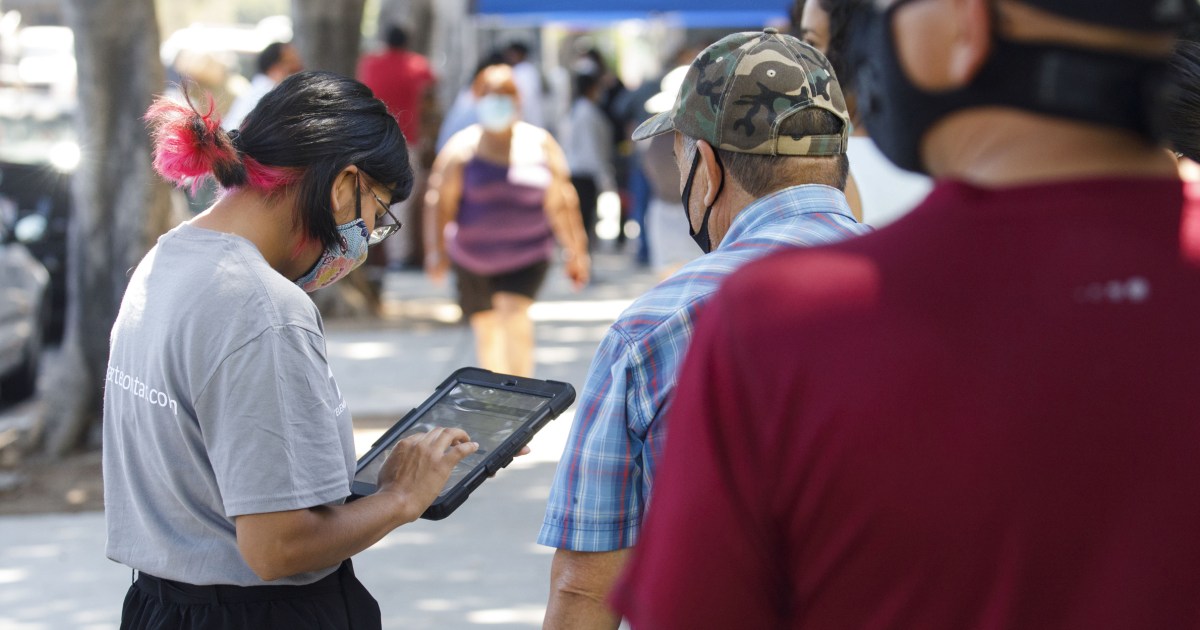
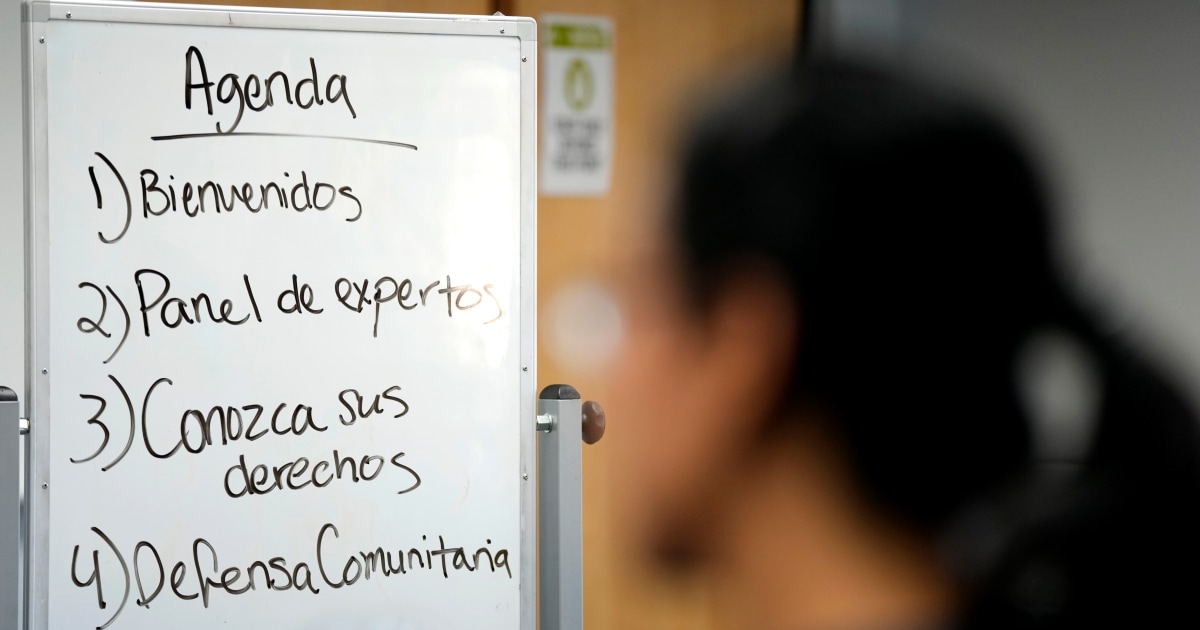


/cloudfront-eu-central-1.images.arcpublishing.com/prisa/KMEYMJKESBAZBE4MRBAM4TGHIQ.jpg)


